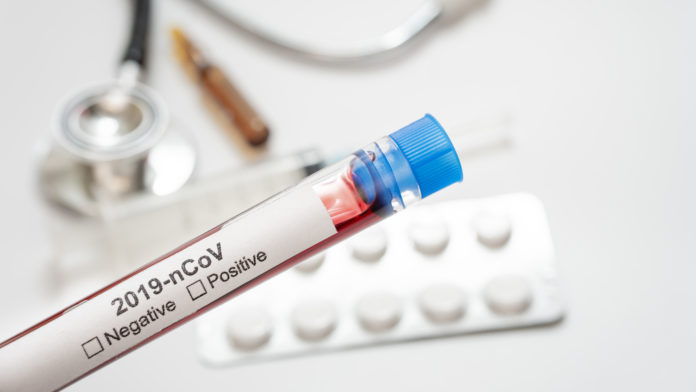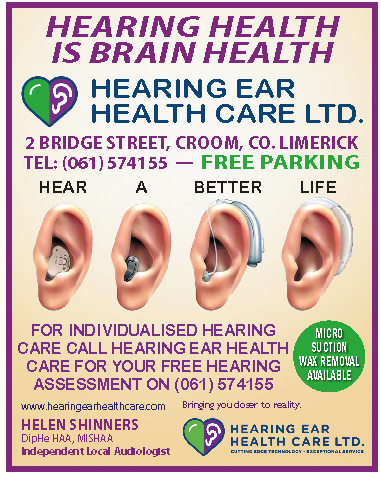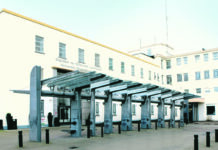AN TAOISEACH Leo Varadkar has announced further restrictions on movement to help tackle the spread of COVID-19 in Ireland for a two-week period from midnight tonight.
In a live broadcast this evening, An Taoiseach announced that people are to remain in their homes over the next fortnight unless in specific circumstances.
An Taoiseach said that further measures will be put in place for two weeks, and are to be lifted on Easter Sunday, April 12.
All public and private gatherings outside individual households are now prohibited, and people are asked only to leave their homes for food, household goods, and for healthcare products.
People can leave their homes for brief exercise but must remain within a two-kilometre radius of their homes.
‘Cocooning’ is to be introduced for people over the age of 70 and those living with underlying chronic health issues who are asked to remain at home for the two-week period to ease the pressure on Ireland’s healthcare system.
A list of chronic health issues will be released soon.
What is meant by extremely medically vulnerable?
1. People aged ≥ 70 years
2. Solid organ transplant recipients
3. People with specific cancers:
a. people with cancer who are undergoing active chemotherapy or radical radiotherapy for lung cancer
b. people with cancers of the blood or bone marrow such as leukaemia, lymphoma or myeloma who are at any stage of treatment
c. people having immunotherapy or other continuing antibody treatments for cancer
d. people having other targeted cancer treatments which can affect the immune system, such as protein kinase inhibitors or PARP inhibitors
e. people who have had bone marrow or stem cell transplants in the last 6 months, or who are still taking immunosuppression drugs
4. People with severe respiratory conditions including cystic fibrosis, severe asthma and severe COPD.
5. People with rare diseases and inborn errors of metabolism that significantly increase the risk of infections (such as SCID, homozygous sickle cell).
6. People on immunosuppression therapies sufficient to significantly increase risk of infection.
7. Women who are pregnant with significant heart disease, congenital or acquired.
More to follow…











